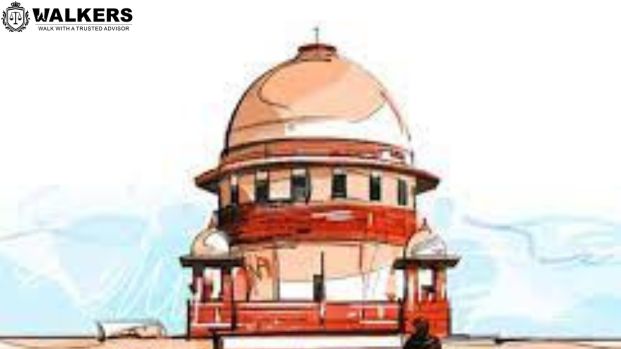


The Supreme Court has ruled that if the estate of a deceased defendant was adequately represented by other defendants on record, a lawsuit cannot be considered abated for not including all legal representatives of the deceased defendant. A bench consisting of Justices BR Gavai and CT Ravikumar noted that a suit cannot be considered abated if the estate or interest of the deceased defendant was being fully and substantially represented in the lawsuit by other defendants who are also his legal representatives.
The civil appeal before the Supreme Court concerned whether a lawsuit had abated due to the failure to include all legal representatives of a deceased defendant. The bench observed that the first appellant, the deceased second appellant, and their father were all defendants in the lawsuit and were jointly defending the suit. Following the death of the original third defendant (the father), defendants No.1 and 2, who were the sons of the deceased, continued to fully and substantially represent the joint interest and contested the lawsuit. During the appeal, the defendants raised an objection that the lawsuit was flawed due to the failure to include parties from whom the defendants claimed title. The lawsuit was based on the plaintiff's possessory title.
The appellants argued that the lawsuit should be considered abated against all defendants due to the failure to substitute all legal representatives of the deceased defendant No. 3 after his death. The bench referred to two previous cases, Bhurey Khan v. Yaseen Khan (Dead) By LRs. And Ors 1995 Supp. (3) SCC 331 and State of Andhra Pradesh through Principal Secretary and Ors. v. Pratap Karan and Ors (2016) 2 SCC 82, which established that if the estate is adequately represented by other parties, a lawsuit will not be considered abated due to the failure to substitute all legal representatives of a deceased defendant.
After considering these precedents, the bench concluded that the same principle applies when the estate or interest of a deceased defendant is fully and substantially represented by other defendants, who are also the legal representatives of the deceased, in a joint lawsuit. Therefore, if all other legal heirs are not included after the death of a defendant, the defendants cannot argue that the lawsuit should be considered abated due to the failure to substitute all the other legal representatives of the deceased defendant.
The bench arrived at the conclusion that if the estate or interest of a deceased defendant is adequately represented by other defendants, who are also the legal representatives of the deceased, in a joint lawsuit, then the same principle established in previous cases would apply. As a result, if all other legal heirs are not included following the death of a defendant, the defendants cannot argue that the lawsuit should be considered abated due to the failure to substitute all the other legal representatives of the deceased defendant.
Click Here to: Download/View Related File
TAGS: Supreme Court suit abatement legal representatives deceased defendant joint interest non-joinder possessory title precedents Bhurey Khan v. Yaseen Khan State of Andhra Pradesh through Principal Secretary and Ors. v. Pratap Karan adequately represented.